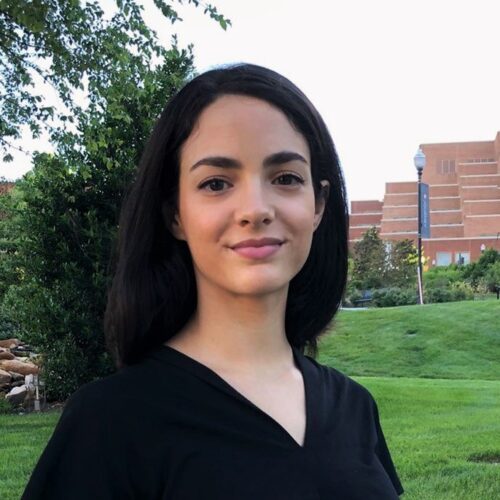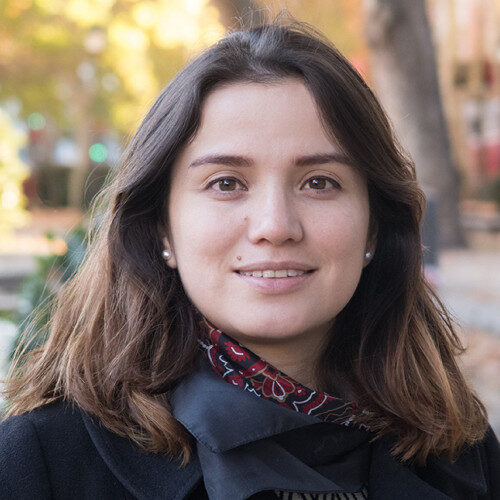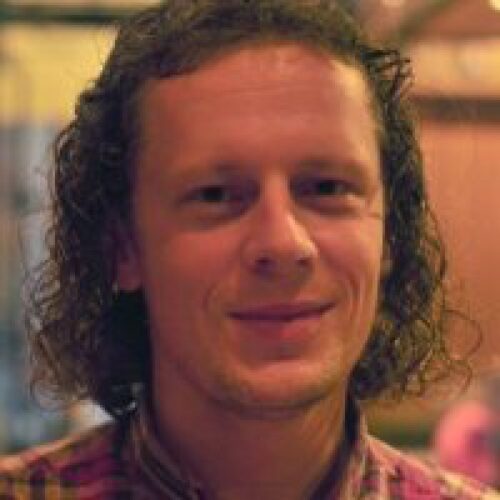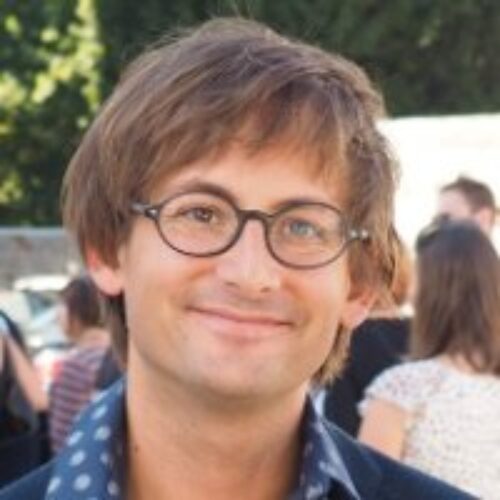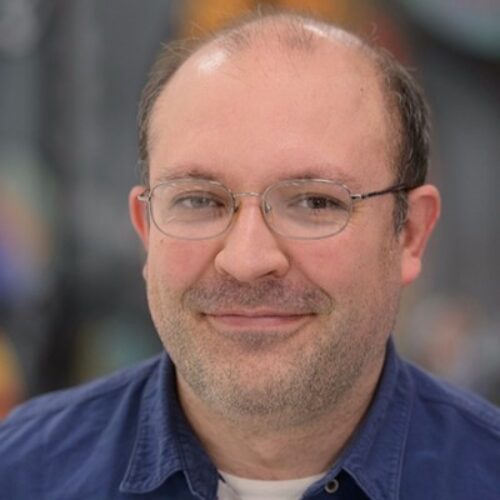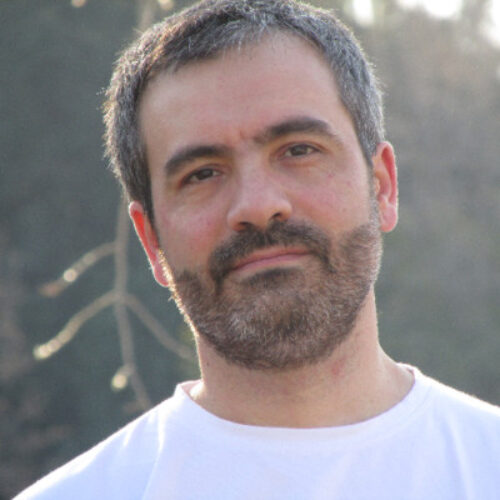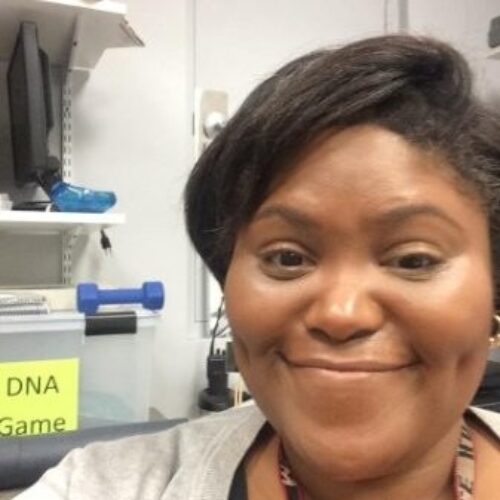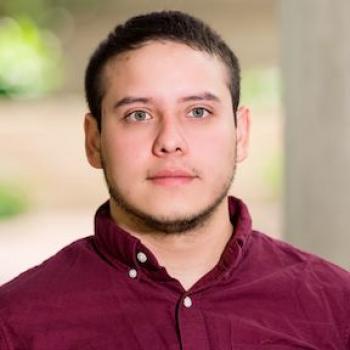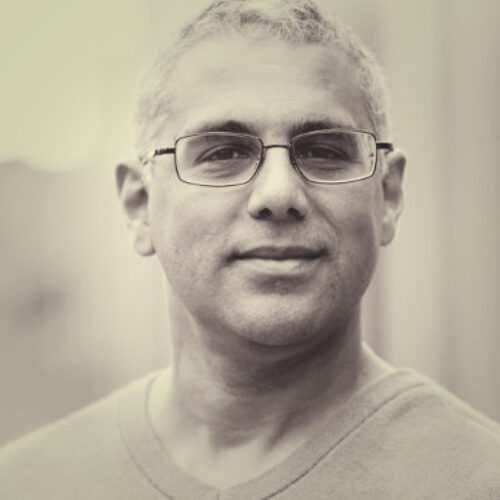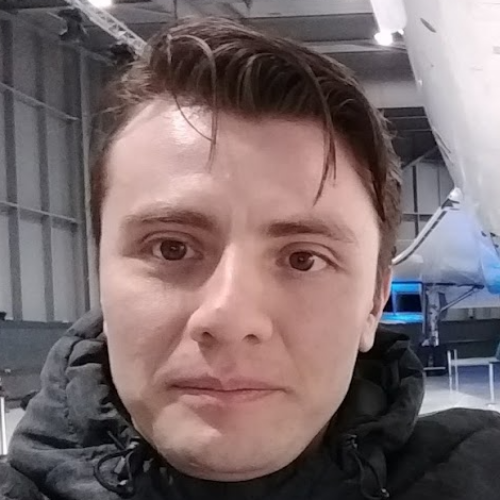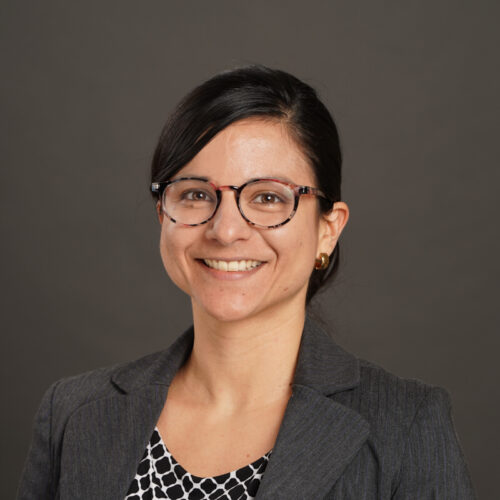Introduction
Our Summer School provides a unique opportunity to attend state-of-the-art training delivered by world-leading academics and industry partners from around the globe, practising hands-on exercises lead by renowned experts, and networking with your peers in an invaluable forum for knowledge exchange.
The workshop targets practitioners from industry, government, or research organisations with some basic training in quantitative analysis and computer programming are particularly welcome. Aditional participants will be advanced undergraduate and postgraduate students from any field requiring the fundamentals of data science to work with typically large datasets and databases.
Applied machine-learning
Artificial intelligence and data science are fast-growing areas of science which stand to have a major impact on the industrial future through applying AI to the vast amounts of data generated by scientific research.
It is becoming easier and easier to collect large amounts of data across a broad range of research areas, and there is a growing need to understand how this can best be exploited to make new discoveries. However, we know it is not sufficient to just collect data, the crucial step is in how to incorporate the domain knowledge that already exists into the computational methods used.
The Summer School aims to provide relevant training in these new AI methodologies, in a way that is acceptable and meaningful to researchers from the bio/health disciplines.
High-performance computing
The aim of the Summer School is to introduce the cornerstone of programming tools and techniques used for efficient parallel applications with special emphasis to High Performance Computing for students and professionals, among the fields of engineering and science, with basic and intermediate programming skills. This will allow them to advance their careers by harnessing the computational power of HPC to tackle large scale problems in their respective fields.
Following from the school initiative, the event intends to accomplish the creation of collaborative interdisciplinary groups and the education of the next generation of highly specialized programmers. Ultimately, procuring innovative and efficient algorithms to optimally process all kinds of workflows.
Programme

Our approach
Hands-on Participants will learn by constructive cooperation with other programmers from abroad and other fields, under the guidance of worldwide recognized experts in the field.
International experts immerse yourself and network with influential data science leaders from a range of companies including NVIDIA, IBM, AWS, MathWorks, National Labs including Argonne, OAK, Pittsburgh Supercomputing Center and well known International Universities.
Networking Meet researchers and professionals from private and public sectors, thus stimulating the use of these technologies in Latin America and the world.
Two streams: experts and beginners Create a tailored programme of study by selecting between introductory level or advanced level paralel sessions.
Real hands-on exercises We aim to provide engaging training in new methodologies in a way that is acceptable and meaningful for non-experts.
Virtual workshop
It’s nice to be in-person, it really is, but a really simple solution we came up with was to give everyone a space using the best online tools. Everyone on video on video, speakers and participants, ready to answer your questions and collaborate in the practical sessions thorugh shared online Jupiter notebooks.
Zoom webminars and chat rooms
Zoom is the leader in enterprise video communications, with an easy, reliable cloud platform for video conferencing and webinars. We will also use “Breakout Rooms” to facilitate the collaboration between groups.
Virtual Environments
Virtual Labs allows anybody to write, share and execute code through a web browser, and is especially well suited to machine learning, data analysis and education.
Discord channel
Discord is a turbo-charged chatting platform used by teams wordwide to work together. It will help us to collect materials and questions, and will allow networking between participants and taks groups.
National and international speakers from Academia and Industry
We would like to thank to our guest speakers and mentors the enlightening and entertaining presentations and tutorials, we also thank their inexhaustible interest for sharing their knowledge and experience.
Jaime H. Moreno (IBM)
Paola Buitrago (Pittsburgh Supercomputing Center)
Kevin Jorissen (AWS)
Arthur Petitpierre (AWS)
Sergio Obando Quintero (MathWorks)
Silvio Rizzi (Argonne National Laboratory)
Dario Dematties (University of Buenos Aires)
Pedro Cruz e Silva (NVIDIA)
Louvere Walker-Hannon (MathWorks)
Jose Manuel Monsalve Diaz (University of Delaware)
George K. Thiruvathukal (Loyola University Chicago)
Franklin Martinez (PSL)
Silvina Caíno-Lores (University of Tennessee)
Adriana Suárez (10x Genomics)
Carlos Jaime Barrios (UIS)
Partners & Organizers

